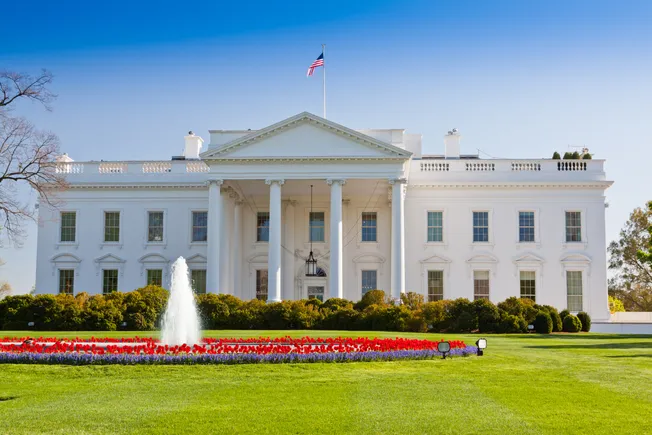Eli Lilly raises full-year guidance as Mounjaro, other drugs drive second-quarter profit up 85%
Eli Lilly's stock has been on a tear, driven by positive trial results for its Alzheimer's drug and progress with its promising obesity drug pipeline.
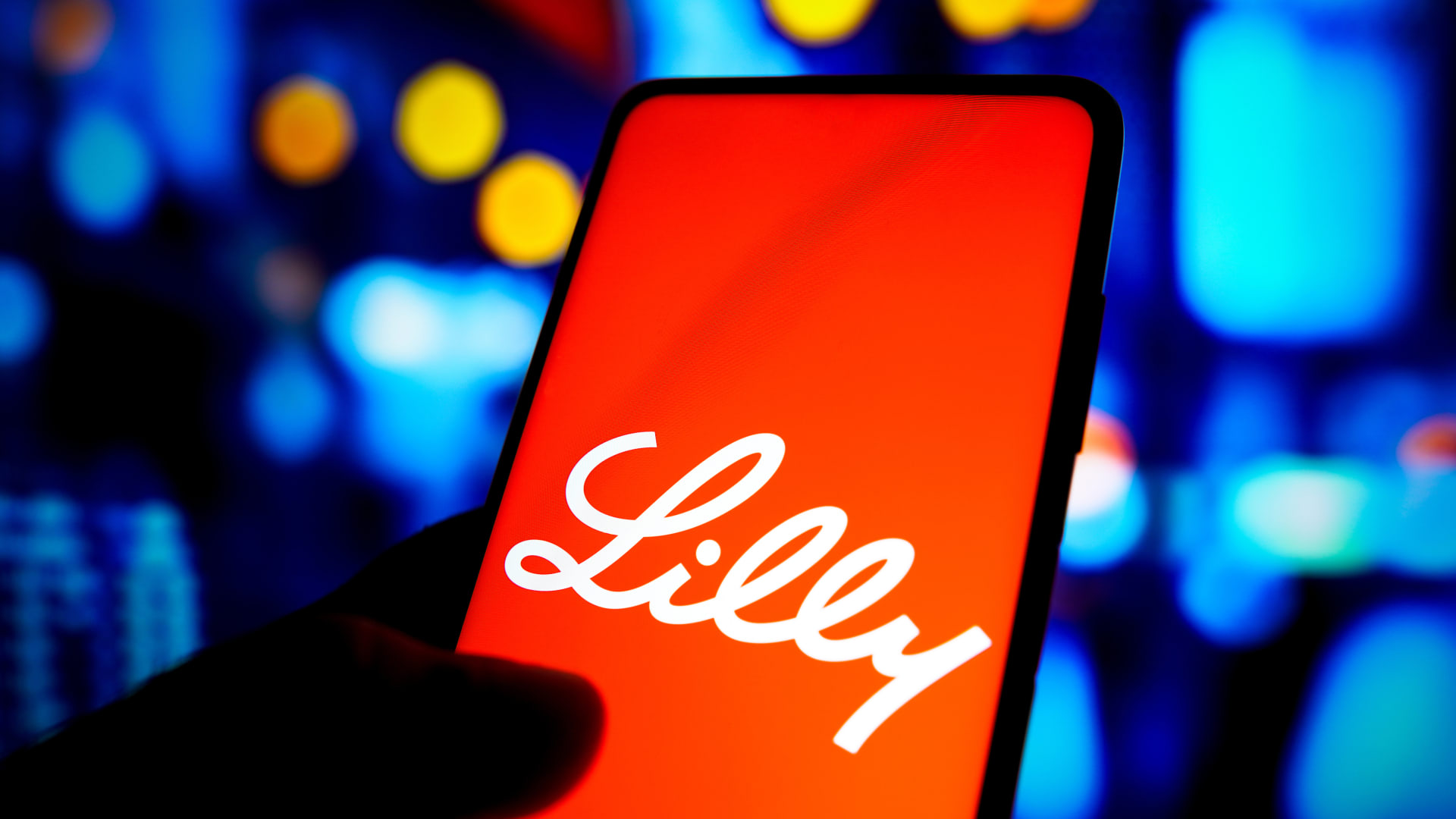
Sopa Images | Lightrocket | Getty Images
Eli Lilly on Tuesday raised its full-year guidance as second-quarter profit jumped 85% from the same period a year ago on strong sales from the pharmaceutical giant's diabetes treatment Mounjaro and other drugs.
The company now expects full-year revenue of between $33.4 billion and $33.9 billion, up from a previous forecast of $31.2 billion to $31.7 billion. Eli Lilly also increased its adjusted earnings guidance to a range of $9.70 to $9.90 per share for the year, up from a range of $8.65 to $8.85.
Shares of Eli Lilly surged 14% Tuesday.
Here's how Eli Lilly performed, compared with Wall Street expectations, based on a survey of analysts by Refinitiv:
Adjusted earnings: $2.11 per share, vs. $1.98 per share expectedRevenue: $8.31 billion, vs. $7.58 billion expectedThe company booked net income of $1.76 billion, or $1.95 per share, for the quarter. That's up from net income of $952.5 million, or $1.05 per share, for the same period a year ago.
Accounting for charges associated with some intangible assets and losses on securities, the company recorded adjusted income of $1.9 billion, or $2.11 per share.
The company's $8.31 billion in sales for the quarter marked a 28% increase from the same period a year ago.
Drug results
Revenue growth was also driven by sales of breast cancer pill Verzenio, which rose 57% to $926.8 million for the quarter. Sales of Jardiance, a tablet that lowers blood sugar in Type 2 diabetes patients, climbed 45% to $668.3 million for the second quarter.
Newer drugs like Mounjaro, the company's Type 2 diabetes injection, also fueled revenue growth, posting $979.7 million in sales for the quarter. The drug was first approved in the U.S. in May 2022 and notched just $16 million in sales in the year-ago period.
Investors have pinned high hopes on Mounjaro's potential mega-blockbuster trajectory beyond diabetes, with some research suggesting that it may be even more effective at reducing weight than Novo Nordisk's popular Wegovy and Ozempic injections.
Last month, Eli Lilly filed for Food and Drug Administration approval of the injection for chronic weight management.
Eli Lilly said it "has experienced and continues to expect intermittent delays fulfilling orders of certain Mounjaro doses given significant demand."
The company in April sold the rights to its emergency diabetes treatment Baqsimi to Amphastar Pharmaceuticals, which brought in $579 million to the top line during the second quarter.
But sales of cancer drug Alimta weighed on revenue. The treatment, first launched in 2004, saw sales plunge 73% to $60.9 million for the second quarter.
Alimta's last U.S. patent expired in May, resulting in lower demand as cheaper generic competitors entered the market.
Eli Lilly also reported no sales from its Covid-19 antibody treatments, compared with $129 million in the second quarter of 2022. The Food and Drug Administration rescinded its approval of the company's antibody bebtelovimab in November.
Pipeline and acquisitions
Eli Lilly's stock has been on a tear in recent months, driven in part by positive trial results for its Alzheimer's drug, donanemab, and the company's progress with its promising obesity drug pipeline.
Shares of Eli Lilly are up more than 24% for the year. With a market value of roughly $431 billion, Eli Lilly is the second-largest pharmaceutical company based in the U.S. after Johnson & Johnson.
Eli Lilly in July announced a $1.93 billion deal to buy Versanis, a privately held obesity drug maker.
This story is developing. Please check back for updates.

 FrankLin
FrankLin 







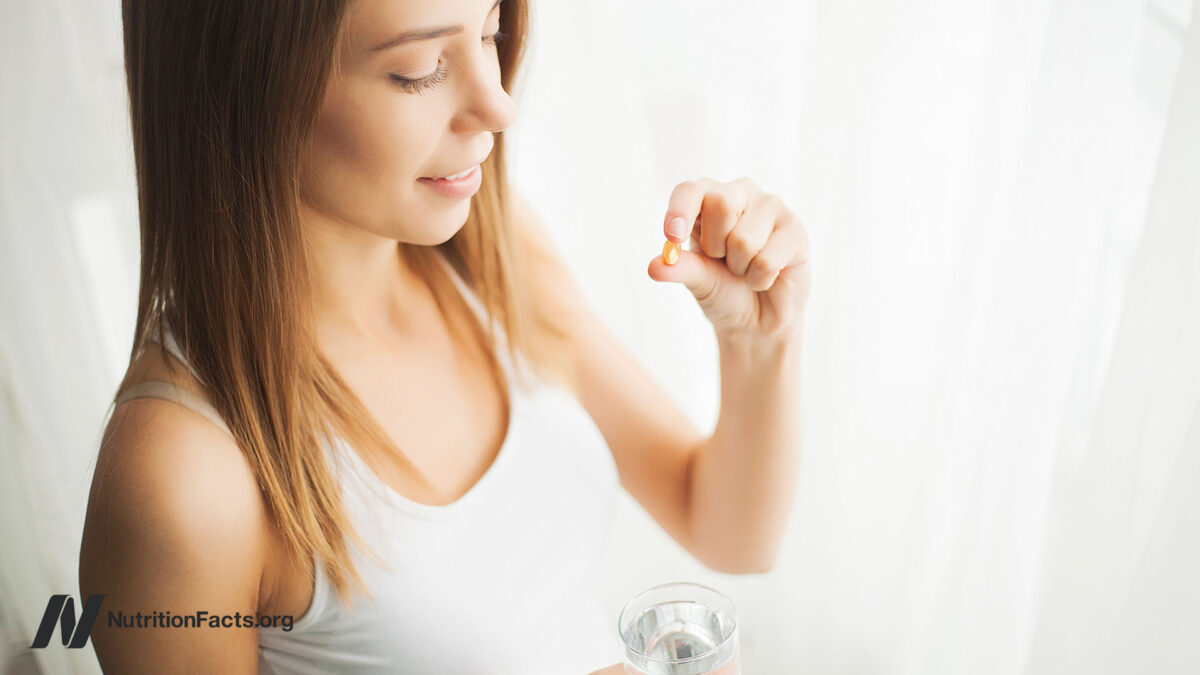
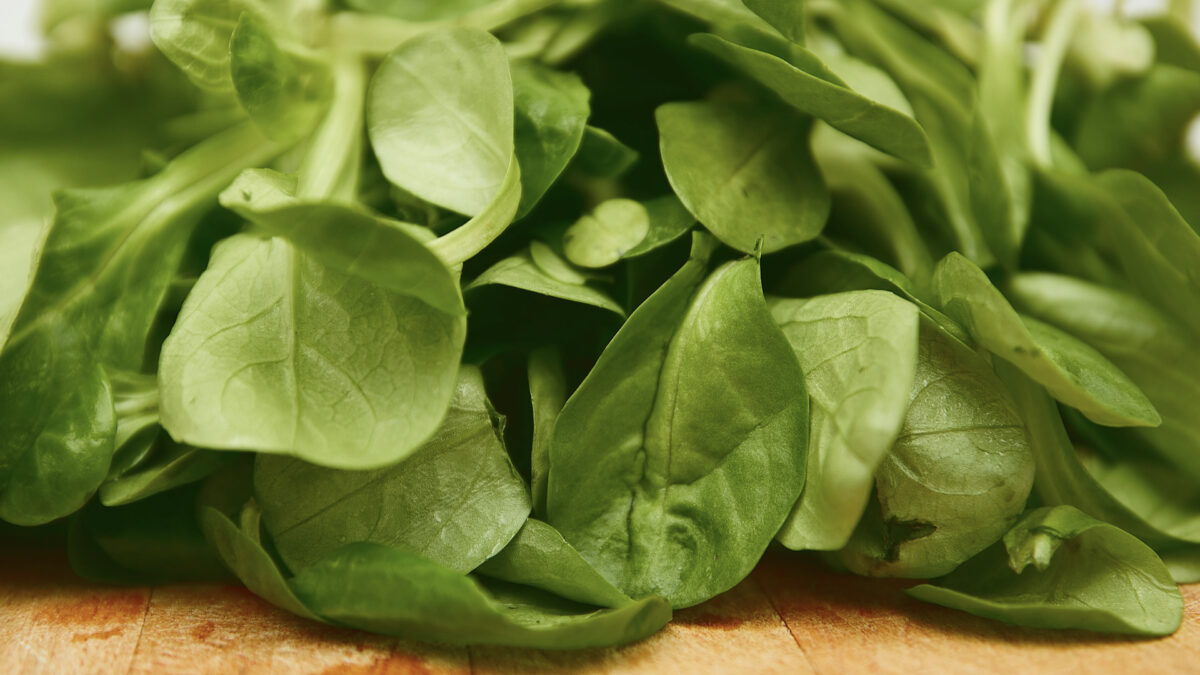

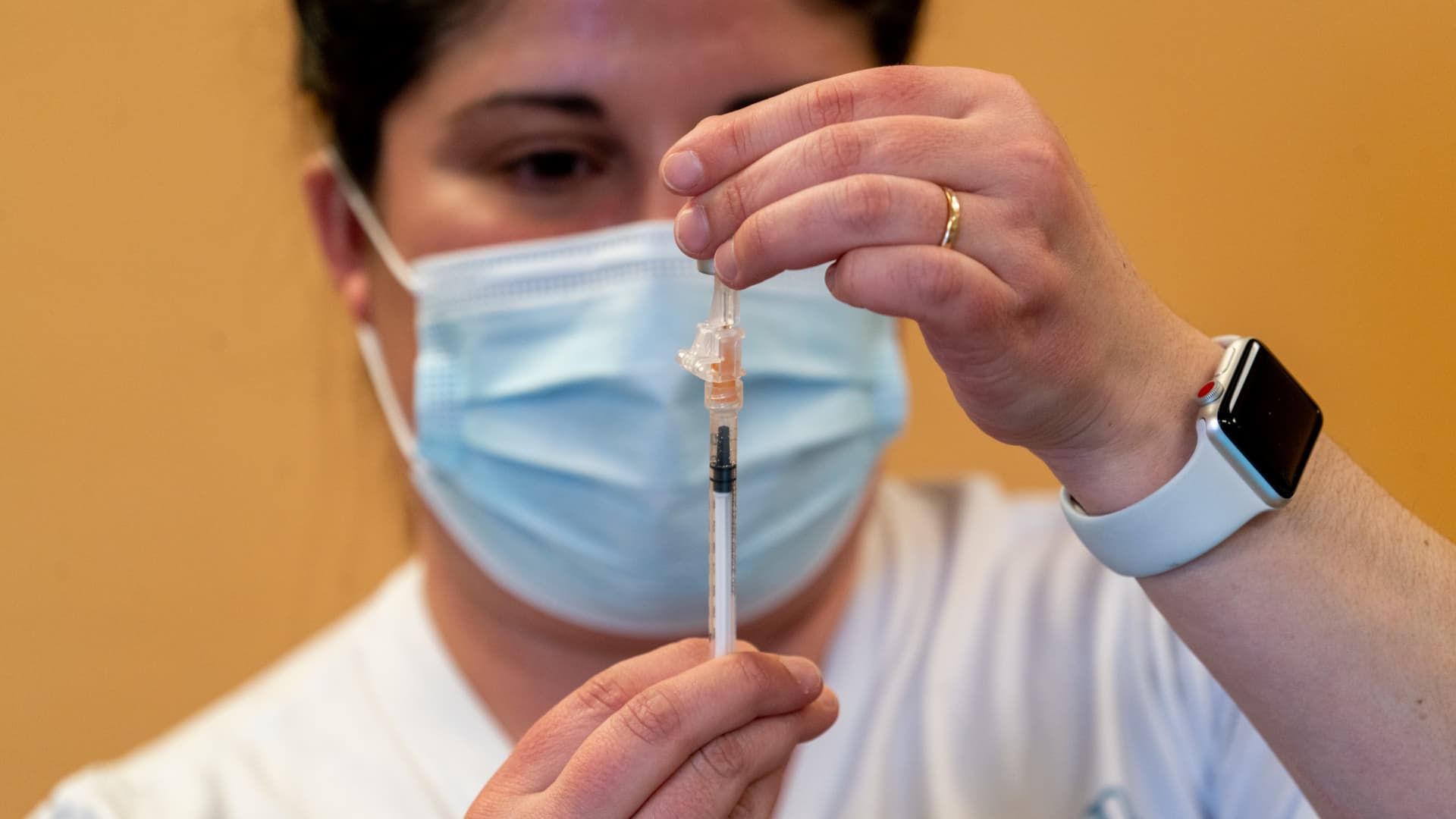

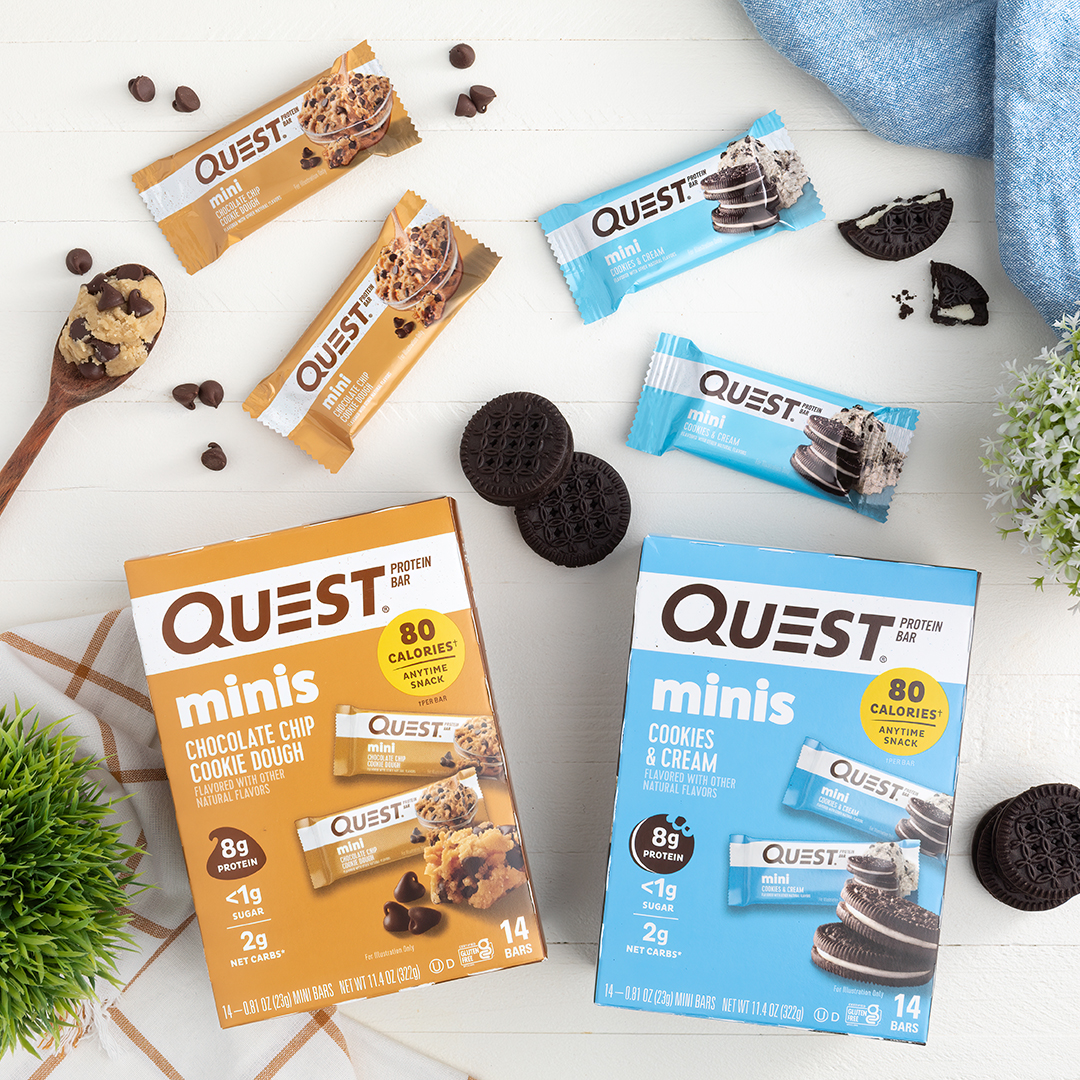












.jpg&h=630&w=1200&q=100&v=f776164e2b&c=1)





